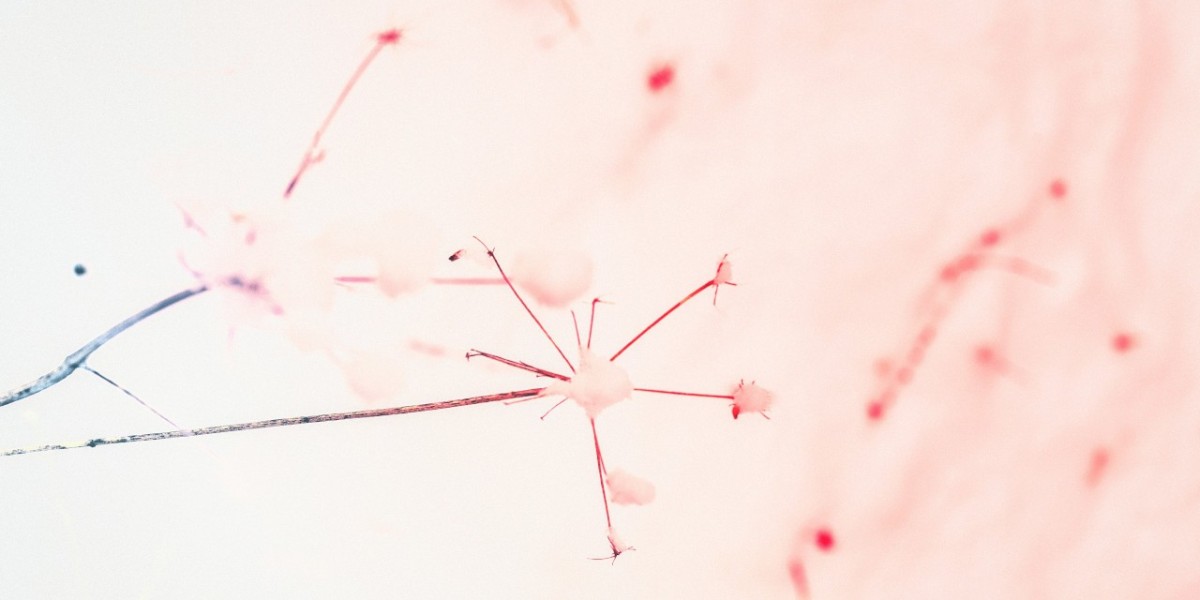Hair loss can be a persistent issue for people of all genders. While there are several therapies available, hair transplants have emerged as the most effective approach for long-term restoration. However, a fundamental question remains: how long does a hair transplant endure? Let's get into this issue, looking at the factors that influence outcomes and setting reasonable expectations for your hair restoration journey.
How long do FUE hair transplants last?
Follicular Unit Extraction (FUE) is a popular hair transplant method that provides excellent lifespan when performed by qualified surgeons. When performed by a trained surgeon, a FUE hair transplant Dubai can last a long time. These follicles, which are genetically resistant to balding, continue to grow for many years, ensuring the transplant's long-term success.
How long does a hair transplant last?
The longevity of a hair transplant is dependent on the careful selection of donor hair follicles. Hair taken from the back and sides of the scalp is genetically resistant to dihydrotestosterone (DHT), the hormone responsible for male pattern baldness. By transplanting these durable follicles into places prone to hair loss, you can effectively transfer hair that is less likely to shed.
Considerations for Hair Transplant Lasting Time
While hair transplants have an impressive lifespan, a variety of factors determine how long they last. Follicle quality from the donor region, usually the back and sides of the scalp, is crucial. These DHT-resistant follicles serve an important role in promoting long-term hair development in transplanted areas. After your hair transplant treatment, it is critical to follow up diligently to ensure the best results.
What affects the longevity of hair transplants?
Here's a closer look at some of the factors that may affect your hair transplant's lifespan.
Ongoing hair loss While hair transplants treat existing baldness, they cannot guarantee that other parts of the scalp will not lose hair in the future. This is because the root cause of hair loss, such as male pattern baldness or hormone abnormalities, may still be present. If you continue to lose hair outside of the transplanted area, you may require further treatments to keep your hair full and healthy. Consulting with your hair transplant specialist can assist you in developing a long-term plan to manage any ongoing hair loss and achieve the best possible results.
Aging The normal aging process can impact hair development throughout the scalp, including transplanted areas. As we get older, our hair follicles gradually shrink, resulting in thinner, slower-growing hair. While transplanted follicles are resistant to DHT, they are nevertheless susceptible to the effects of aging. Maintaining a healthy lifestyle, including a balanced diet and adequate hair care, can help reduce the impact of aging on your hair transplant and extend its longevity.
Lifestyle habits Certain lifestyle behaviors, like smoking and a bad diet, can harm the overall health of your hair, including transplanted follicles. Smoking decreases blood flow to the scalp, reducing the supply of nutrients necessary for healthy hair development. An imbalanced diet low in essential vitamins and minerals might also lead to hair loss. Maintaining a healthy lifestyle can nourish your scalp and transplanted follicles, supporting optimal hair development and extending the life of your hair transplant.
What Factors Cause Non-Permanent Hair Transplants?
It's crucial to recognize that hair transplants aren't completely resistant to hair loss. Here are some reasons why:.
Surgical technique matters. A hair transplant is a delicate process, and the surgeon's skill is critical to its success. A badly executed procedure can harm follicles during extraction or implantation, preventing them from growing properly in the transplanted location.
Donor area selection is key. The follicles chosen for transplantation are critical to long-term outcomes. Ideally, doctors select follicles from the back and sides of the scalp that are genetically resistant to DHT, the hormone that causes male pattern baldness.
Underlying medical conditions can interfere. Certain medical illnesses, such as thyroid abnormalities, autoimmune diseases, and dietary deficiencies, can cause hair loss. These diseases can damage transplanted follicles, resulting in hair thinning or loss even after the transplant.
Long-Term Expectations of Hair Transplants
Natural hair growth After transplantation, the hair follicles settle into their new environment and begin to develop at their normal rate. This implies that your transplanted hair will grow at the same rate as your current hair, giving you a natural and balanced appearance. Unlike some hair loss treatments, you will not have to deal with strange textures or looks.
Minimal maintenance. Hair transplants provide a low-maintenance option for long-term hair restoration. Following the initial healing period, which normally lasts a few weeks, transplanted hair requires little maintenance. You can wash and style your hair as usual, following your doctor's instructions.
Long-lasting Confidence Hair transplants provide a long-term remedy for hair loss, with the ability to last a lifetime if properly maintained. This hair transplant's endurance leads to long-term confidence. Knowing that your hair loss has been handled and that your repaired hairline will be steady for many years can increase your confidence significantly.
FAQs about hair transplant longevity
Hair transplants have become a popular cure for hair loss, but many people question how long the results remain. Let's look at some frequently asked questions about the lifespan of a hair transplant.
Do hair transplants last forever?
Hair transplants have the potential for long-term success. Transplanted follicles, unlike surrounding hair, are resistant to the hormone that causes hair loss (DHT). This resistance permits them to continue growing throughout your life, resulting in a state known as "hair transplant longevity." However, it is crucial to note that continued hair loss in other areas of the scalp or due to certain medical issues may demand additional operations to maintain a full head of hair.
How Long Do Turkish Hair Transplants Last?
The location of your hair transplant procedure does not necessarily influence its durability. A hair transplant in Dubai can last a lifetime if the surgeon uses the FUE technique (follicular unit extraction) and carefully identifies healthy donor follicles.
Is female hair transplantation permanent?
Absolutely! Female hair transplant operations have the same long-term benefits as those for males. The secret is in the follicles' resistance to DHT, regardless of gender. Female hair transplants can provide long-term answers to hair loss because the transplanted follicles are genetically predisposed to develop.
How Long Do Hair Transplants Last?
While there is no guarantee of how long a hair transplant will last, research indicates that these treatments can provide effective results for more than two decades. With proper management, your hair transplant may last a lifetime.
Does a hair transplant guarantee lifelong hair growth?
For most people, hair transplants provide a permanent remedy to hair loss in the transplanted areas.
At Alborj Hair Clinic, we prioritize our patients' safety and well-being. We endeavor to give our patients the best possible medical care in order to ensure their safety and comfort. To discover more about hair transplant Dubai prices, visit our website or contact us directly. Schedule a hair transplant consultation with our skilled medical team to learn more about the operation and steps.








